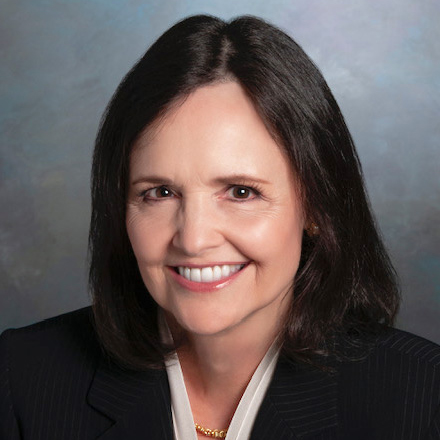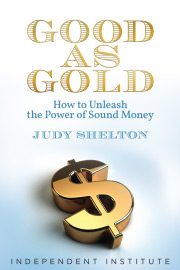Abstract
It has been more than six years since the global economy was put through the financial wringer and left hung out to dry. According to former Federal Reserve chairman Ben Bernanke, who presided over the debacle: “September and October of 2008 was the worst financial crisis in global history, including the Great Depression” (da Costa 2014). Given that Bernanke is a scholar on the global economic collapse of the 1930s, his assessment is particularly sobering. After all, a horrifying world war followed in its aftermath.
Today’s situation might be less worrisome if we had any reason to believe that the fundamental problem of calibrating the global money supply to the needs of the global economy had been resolved. But we don’t. Instead of establishing a sound money foundation that would permit free-market mechanisms to optimize capital flows and maximize long-term economic growth, we have empowered central banks to engage in central planning. Instead of building an international monetary system consistent with the values of democratic capitalism—free markets, free enterprise, and free trade—we have amplified the influence of government over the voluntary transactions of individuals operating in the private sector.








